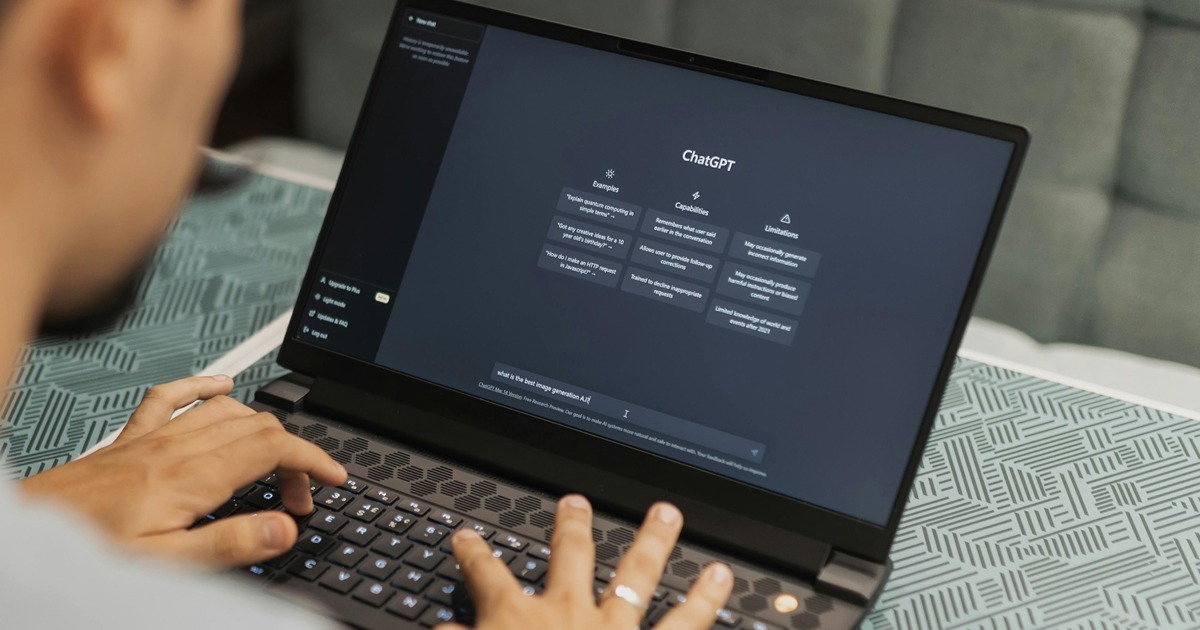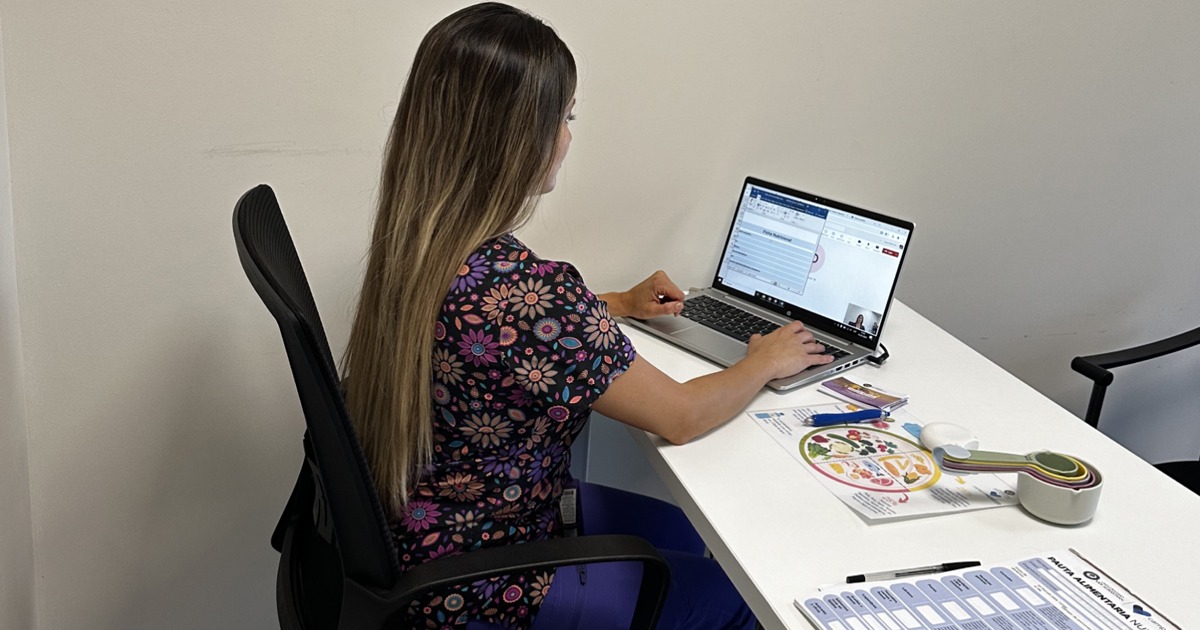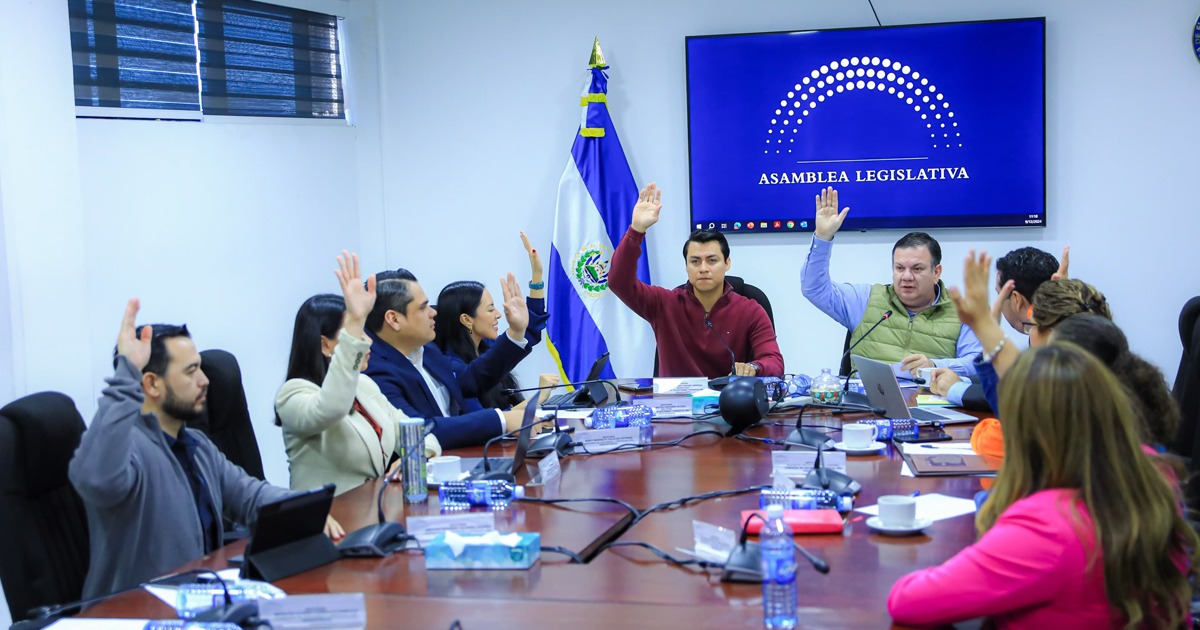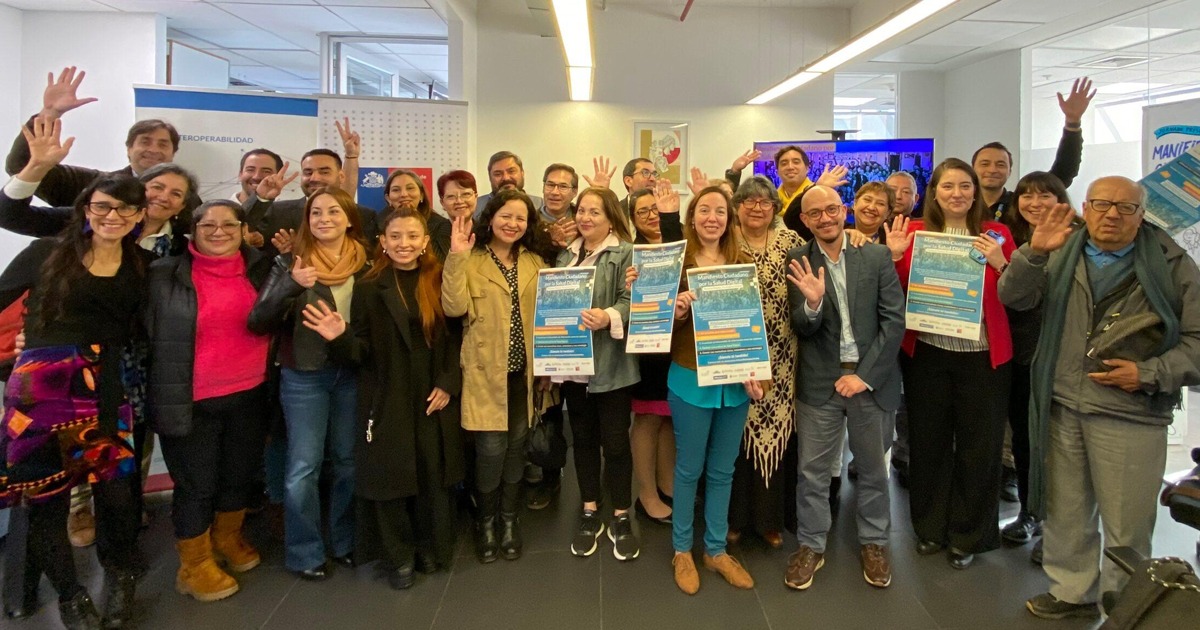In the more than 2,300 establishments that are part of the National Telehealth Network, a total of 14,013,689 services were offered through telemedicine in different medical specialties.
Telemedicine services and health professionals in Peru achieved the great number of more than 14 million care in 2020, the year in which the use of technologies for remote medical care was most promoted due to the COVID-19 pandemic. This prompted the drafting of laws and decrees for the use of telemedicine and telehealth throughout the country.
The regions of Lima and its metropolitan area, Ancash, Junín, Arequipa, Piura and Callado, were the ones that carried out the greatest number of remote care services through different modalities, such as teleconsultations, tele-interconsultations, tele-guidance and tele-monitoring. The more than 14 million services offered during 2020 correspond to the 2,396 health centers that are within the National Telehealth Network, to which nearly 400 establishments were added during the year.
The Ministry of Health (Minsa), recognized the importance of the approval of Legislative Decree No.1490, published on March 11, 2020, which was key to promoting the adoption of these types of services and increasing their scope at the national level. Through the decree, teleconsultation was validated, which facilitated the possibility for patients to receive diagnosis and treatment indications by digital means through cell phones or computers.
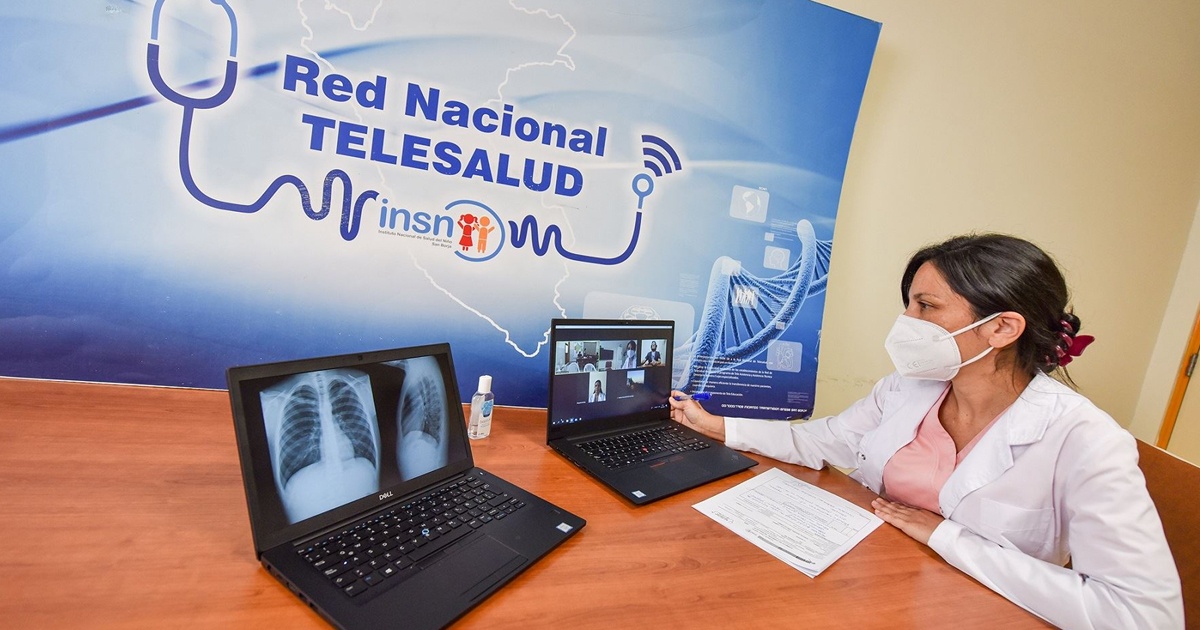
Another key to understanding the success of these services in Peru during 2020 was the implementation of the Teleatiendo program, which made available to the population a healthcare information tool, in which patients recorded their data and the reason for their consultation and then received a phone call from a professional. This service was extremely important in order to channel suspected cases of COVID-19 from the onset of the first symptoms.
Teleatiendo received more than 820,000 requests for care throughout the country. Consultations about COVID-19, oral health, hypertension, family planning, psychological counseling and vaccines were the most requested topics in the calls for attention.
In addition, the Peruvian government developed the Telehealth platform in which they describe in detail each of the types of remote care offered by the public health system and how to apply for it.
Several hospitals began to implement virtual prescriptions for chronic patients, according to the Minsa: "the Arzobispo Loayza Hospital, for example, received more than 97,000 calls during the health emergency and delivered virtual prescriptions to chronic patients by the doctors in charge.
The Minsa also recognized the importance of mental health services, which after the distancing measures had to offer some of their services at a distance, such as the National Institute of Mental Health (INSM): "Currently, a total of 51 psychiatrists from the institute connect daily from their homes to attend to patients, many of them from distant areas of the country and bringing family members together to establish a closer and more communal bond".
Finally, the Minister of Health, Pilar Mazzetti, reported that currently 40% of the operating staff works remotely offering telemedicine and teleconsultation services, either by comorbidity or age. In addition, she said that tele-health and telemedicine services will continue in 2021 and will seek to strengthen them especially in the face of a new wave of COVID-19 infections.
ANDEAN
PERU GOVERNMENT
PAN AMERICAN
NATIONAL RADIO
